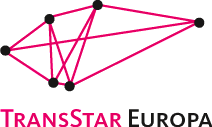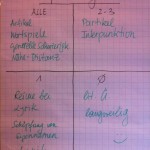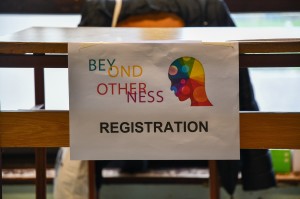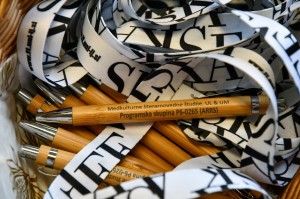On the 18th of April 2013 the festive opening of the TransStar Europa project took place at the Philosophical Faculty of the Charles University in Prague, which was organized by both Czech partners of the project: the Institute for Germanic Studies of the Charles University and the Collegium Bohemicum. Štěpán Zbytovský, who opened the preliminary program of the evening, briefly introduced the entire project. Then the lector, Radovan Charvát, spoke about his impressions and experiences with the first workshop which had taken place at the beginning of the month in the Polish city of Łódź. He expressed his great satisfaction with respect to the cooperation within the group, which “harmonized” rather quickly. He also found the discussion on the translation of two paragraphs of Grass’ Tin Drum, which all had tried to translate, specifically with participants translating into Slovenian and Polish very interesting. As the second guest of the Prague event the chair of the Czech Translation Association (Obec překladatelů), Ms. Hana Linhartová, spoke, who introduced this umbrella organization of literary translators with respect to those beginning in the profession: the association organizes amongst others also workshops and a competition for up-and-coming translators, awards a variety of prizes including an “anti-prize” for bad translations – all with the goal of adhering to a certain standard of literary translation in the Czech Republic. Ms. Linhartová however also pointed to the negative aspects of translation work in the Czech Republic which unfortunately until now does not have a very good position “on the market”. Mr. Vratislav Jiljí Slezák was the last to speak, who is considered to be one of the best contemporary translators from German into Czech (Hermann Hesse, Thomas Mann, Heinrich Böll and many more). His fascinating talk on professional translating, with numerous concrete examples, was followed by an audience primarily consisting of students with great attentiveness. The subsequent lively discussion with all three guests demonstrated that the audience had great interest in the topic.
Radio Vltava reported the following about the event and on the project: http://prehravac.rozhlas.cz/audio/2869745
Here are some photos of the evening.





